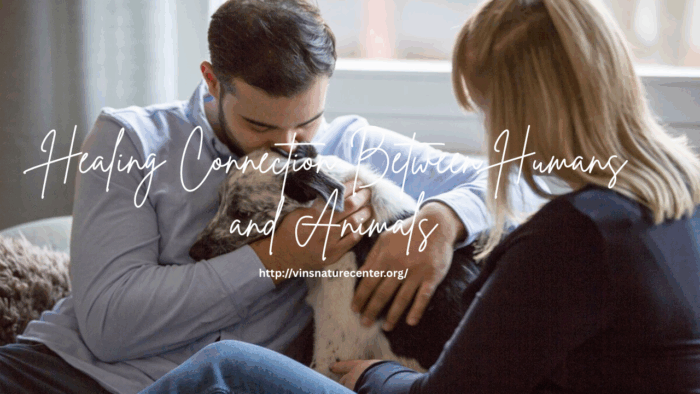
In the challenging journey of addiction recovery, healing often extends beyond clinical treatments. It requires emotional reconnection, trust-building, and a sense of purpose—elements that can be difficult to achieve in traditional therapeutic settings alone. Enter animal-assisted therapy, a growing field that uses the natural bond between humans and animals to support recovery. Whether it’s working with therapy dogs, horseback riding, or simply caring for animals, interaction with wildlife and domestic animals can offer powerful emotional and psychological benefits for individuals overcoming addiction.
The Healing Connection Between Humans and Animals
Humans have long had a deep, instinctive connection to animals. This bond can be especially meaningful for those struggling with addiction, who often experience feelings of isolation, guilt, and emotional detachment. Animals offer unconditional affection, presence without judgment, and an ability to sense human emotions. These qualities create a safe emotional space for individuals in recovery, helping them rebuild trust, reduce shame, and open up to healing.
Scientific studies back up what many have intuitively known: animal-assisted therapy can reduce stress, anxiety, and symptoms of depression. Interacting with animals releases oxytocin—the “love hormone”—which enhances mood and promotes feelings of connection and calm. For people in recovery, this natural emotional boost can play a vital role in managing cravings, preventing relapse, and reinforcing positive behavior.
Building Responsibility and Routine
Addiction often disrupts a person’s daily structure, making it difficult to maintain responsibilities and healthy habits. Caring for animals introduces a consistent routine and a sense of accountability. Whether feeding, grooming, or walking a dog, these tasks provide purpose and re-establish a rhythm in daily life. Responsibility toward another living being also encourages self-discipline, empathy, and self-worth—critical traits to nurture during recovery.
Therapeutic programs involving larger animals, like horses (equine therapy), can be particularly transformative. Horses are highly sensitive to human emotions and require calm, clear communication. Working with them fosters self-awareness, patience, and emotional regulation—skills essential to staying sober. Many recovering individuals report breakthroughs in their healing process after spending time with horses, often describing these experiences as calming and empowering.
Emotional Regulation and Coping Mechanisms
One of the core challenges in recovery is learning how to cope with difficult emotions without turning to substances. Animal-assisted therapy offers a healthy outlet for emotional expression and stress relief. Animals are nonjudgmental companions that allow individuals to be vulnerable without fear of rejection. Simply petting a dog or being in the presence of a calm animal can significantly reduce heart rate and anxiety, creating a state of emotional balance.
Moreover, animal therapy helps individuals reconnect with feelings of joy, compassion, and playfulness—emotions that are often dulled by addiction. These positive emotional experiences can reignite motivation and remind individuals of the value of life beyond addiction.
Conclusion
Animal-assisted therapy is more than a feel-good add-on to traditional treatment—it’s a powerful, evidence-backed approach that supports emotional healing, builds responsibility, and fosters meaningful connection. Whether through a loyal therapy dog, a gentle horse, or the quiet presence of wildlife, animals have an extraordinary capacity to help individuals in recovery rediscover trust, purpose, and inner peace. In the shared bond between human and animal, many find the strength to walk the path to lasting sobriety.